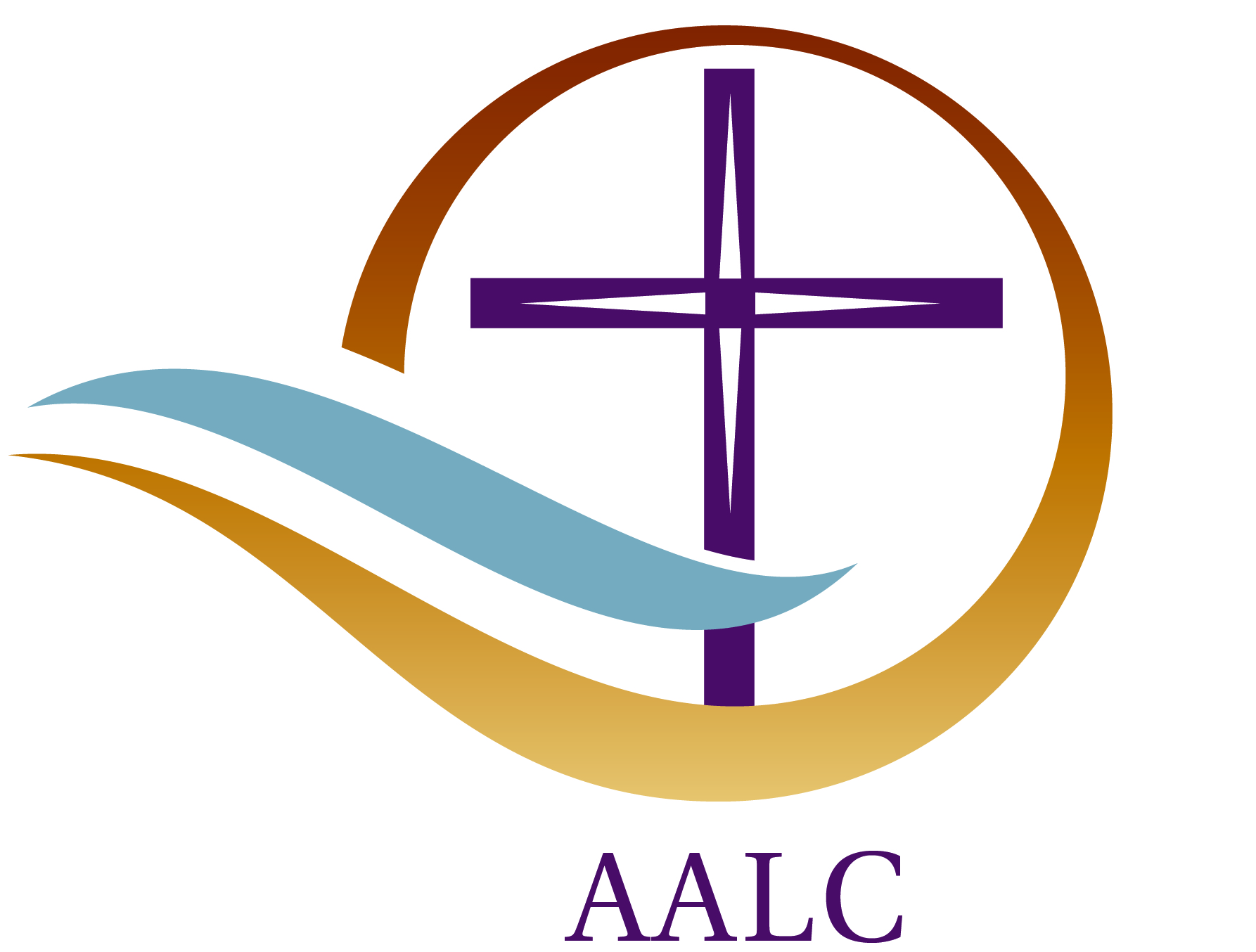June 25th is the 483rd anniversary of a 1530 event called the Presentation of the Augsburg Confession.
The early sixteenth century was a confusing time in Europe. The Reformation of the Church was underway.
People knew what the Roman Catholic Church believed, and they knew there was a group protesting teachings of the Roman Catholic Church who were called “Protestants.” but what did these Protestants believe?
Europe was also facing an enemy from without, the Muslim Turks were preparing for war. Charles V, the Holy Roman Emperor, needed the Protestants to support a possible war effort.
So Charles requested an Imperial Diet (i.e. “meeting”) to discuss the beliefs of the Protestants. He hoped to bring the Protestants back into the Roman Catholic fold. Protestant rulers, such as John, Elector of Saxony, called upon Martin Luther, Philipp Melancthon and other theologians to agree on their Protestant beliefs and codify them in preparation for a meeting with the emperor.
The Augsburg Confession was the culmination of the work of the leaders of the Reformation from the Lutheran movement.
When it came time to meet the emperor in the city of Augsburg (from which the document draws its name) Luther could not be in attendance. He had been excommunicated by the pope so it was not safe for him to travel away from Protestant centers. Philipp Melancthon, Luther’s star pupil, stood in his place.
The presentation of the Augsburg Confession did not go well. It was rejected by Rome. A follow-up document by Dr. Melancthon, called the “Apology of the Augsburg Confession” (apology means the arguments for a point) was also rejected by Rome.
Although the emperor and the pope rejected the Confession it became the primary confessional statement for the Lutheran movement, as remains so today.
The Augsburg Confession contains twenty-eight articles or main points. Many of these would find common acceptance throughout Christendom.
For example, it defines God as the Triune God; original sin as the spiritual condition of all humans who are sinful and separated from God even at birth; The Son of God, Jesus Christ, as true man and true God; and Justification as the work of God in Christ on our behalf, received by faith (not a work of our own). It also contains statements on the Means of Grace and the Sacraments.
All these teachings come directly from Scripture, the highest God given authority in the church.
Each summer it is my privilege to spend four weeks teaching doctrine from the Catechism and the Augsburg Confession. I will be doing this again in July. We shall cover the subject of the Means of Grace, that is how God’s riches, at Christ’s expense, are made available to us through the Word of God and the Sacraments (baptism and communion).
Please join us for this teaching series on what we believe.
Pastor Tim Cartwright
